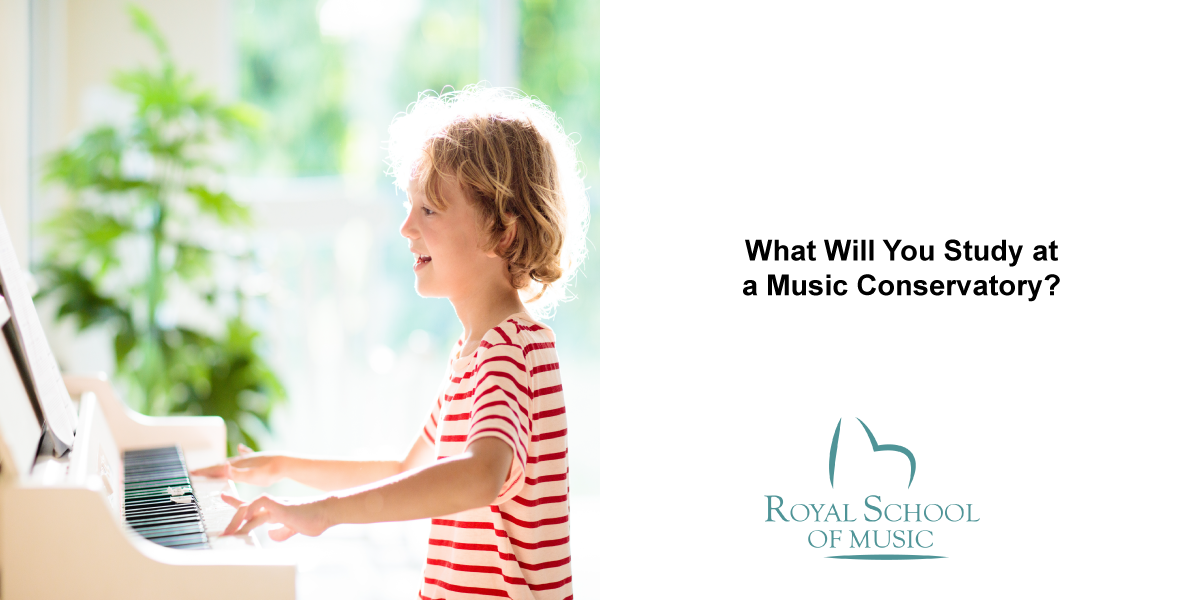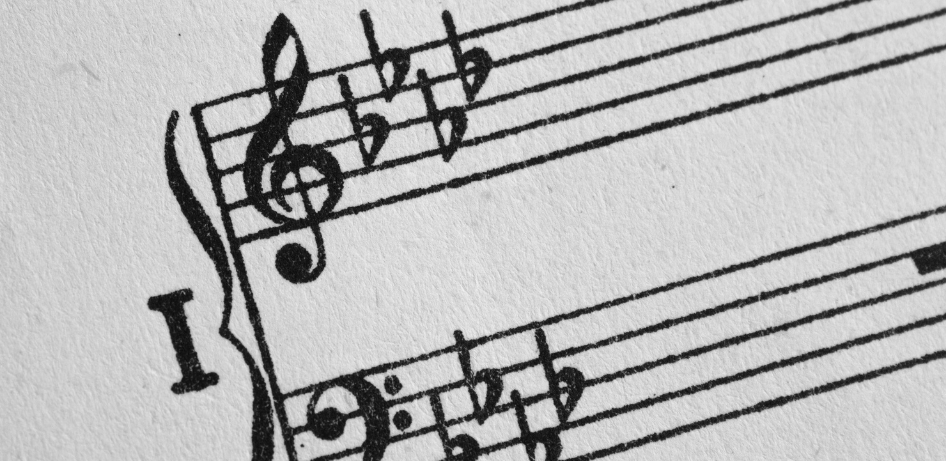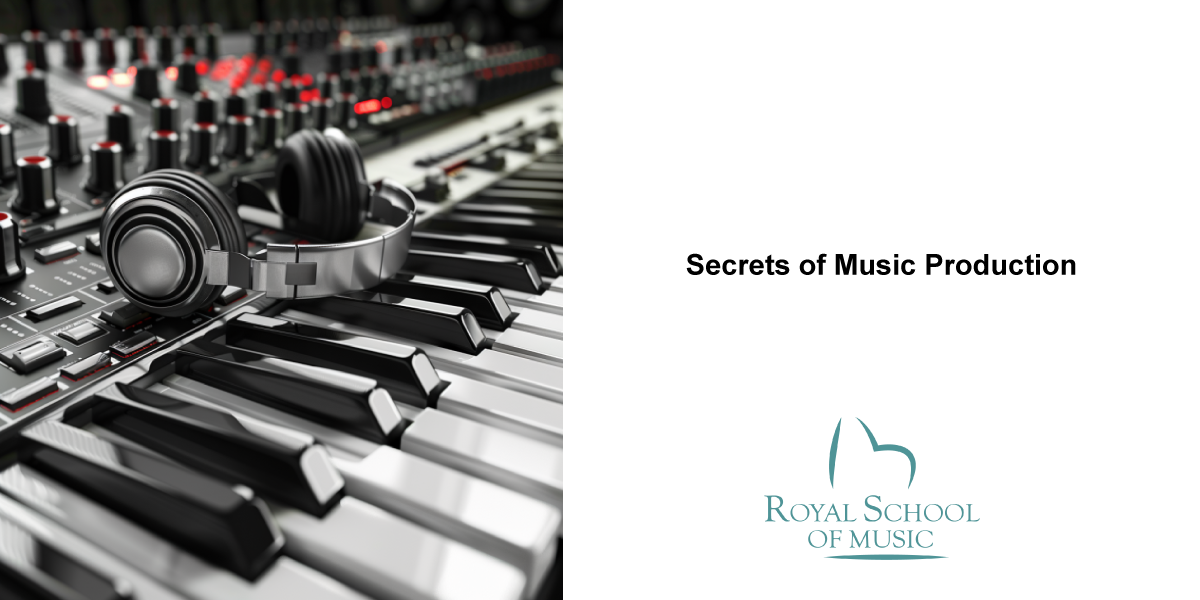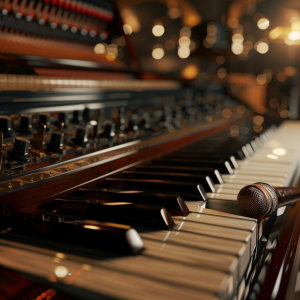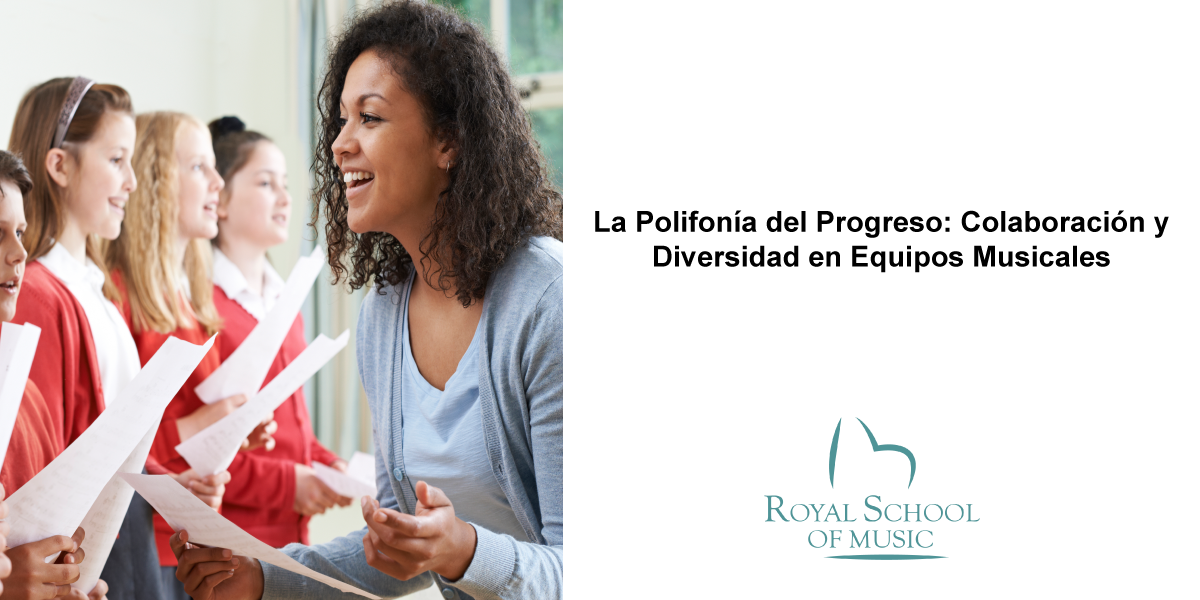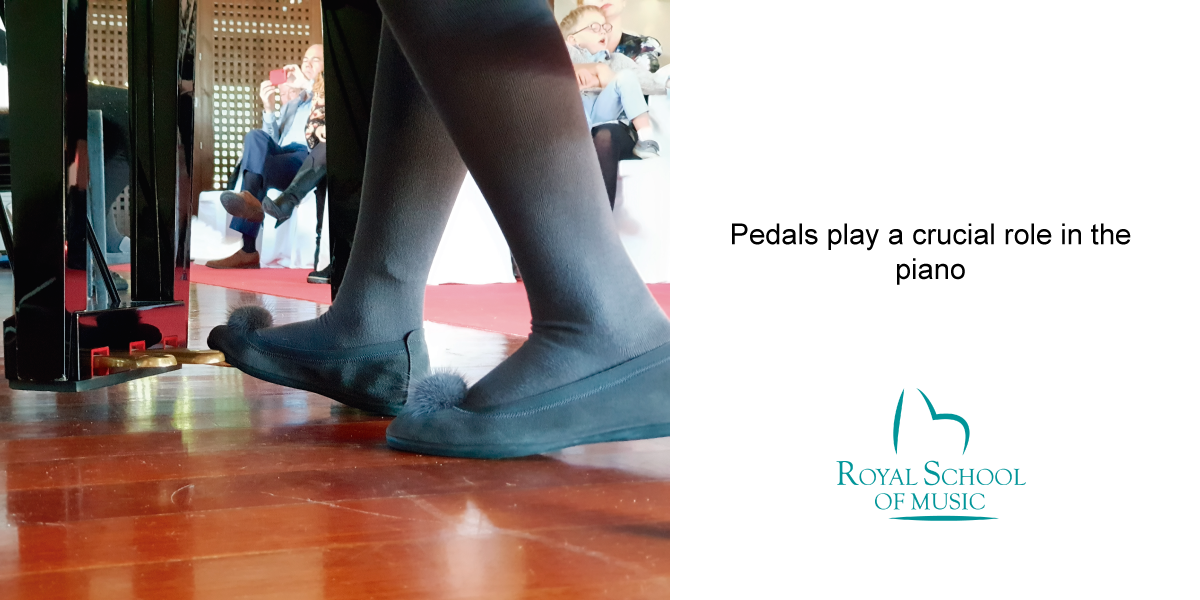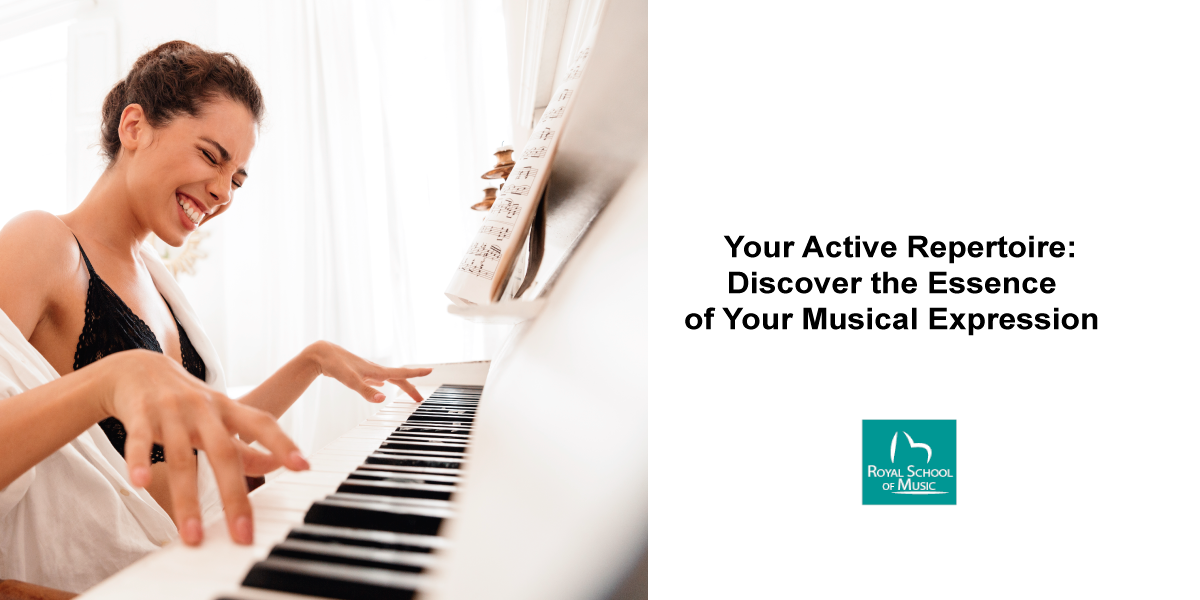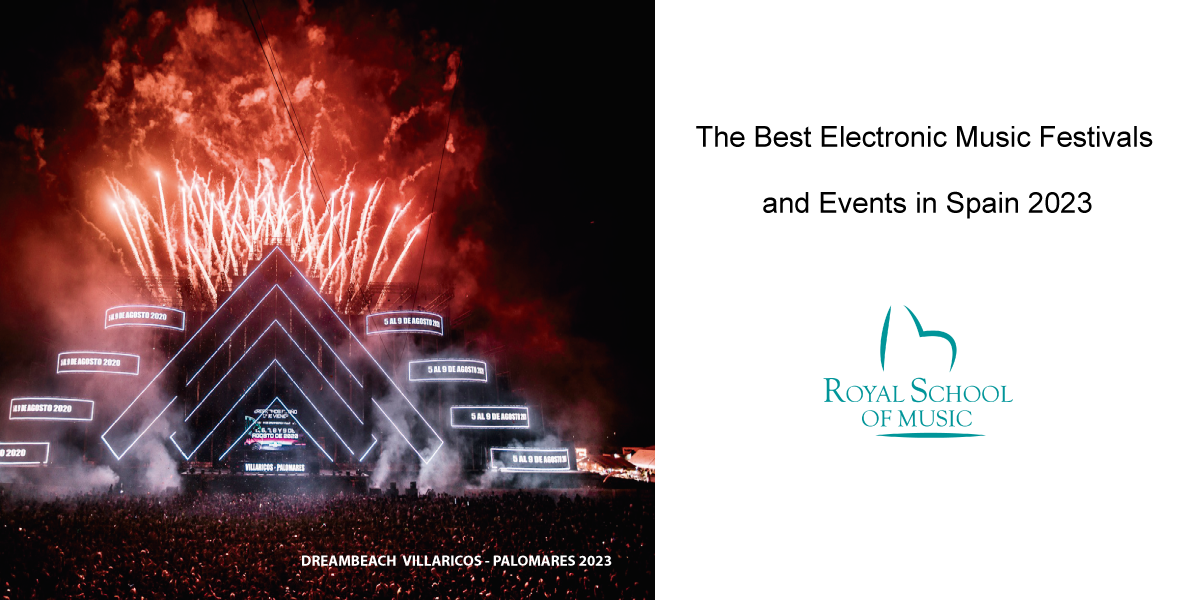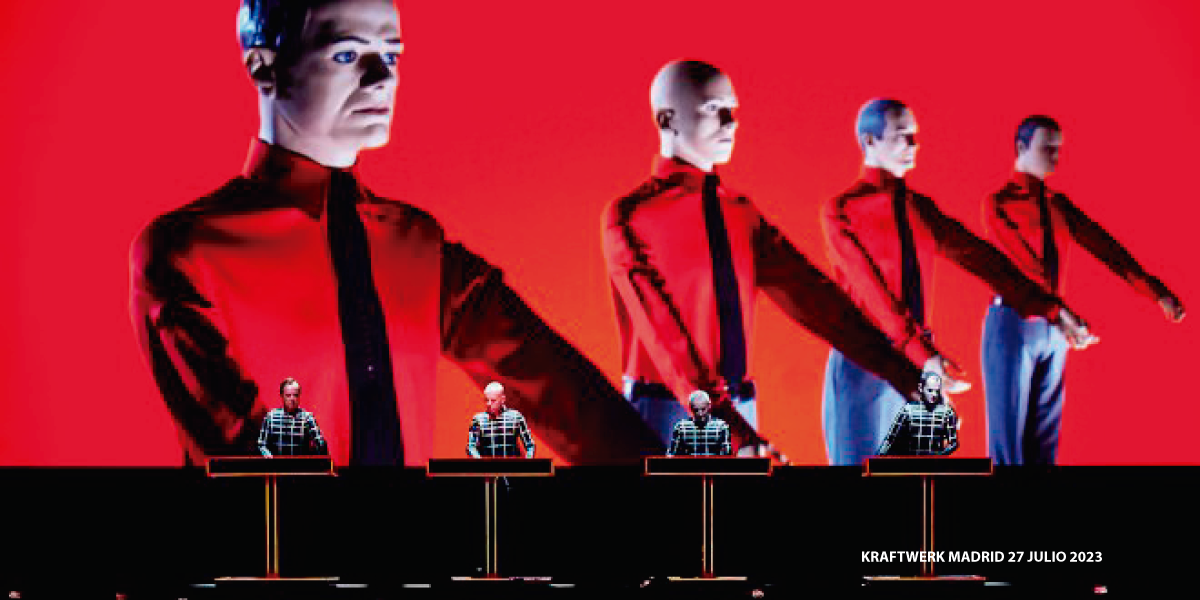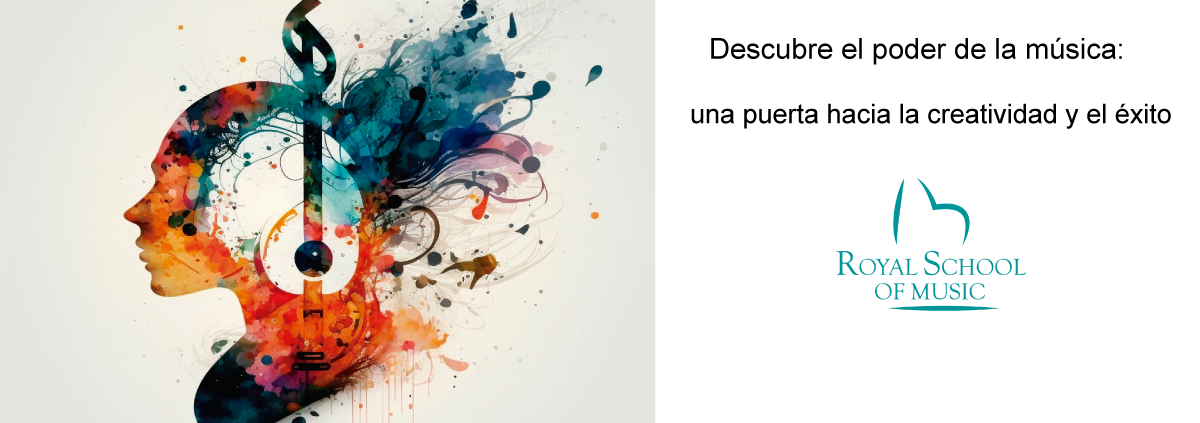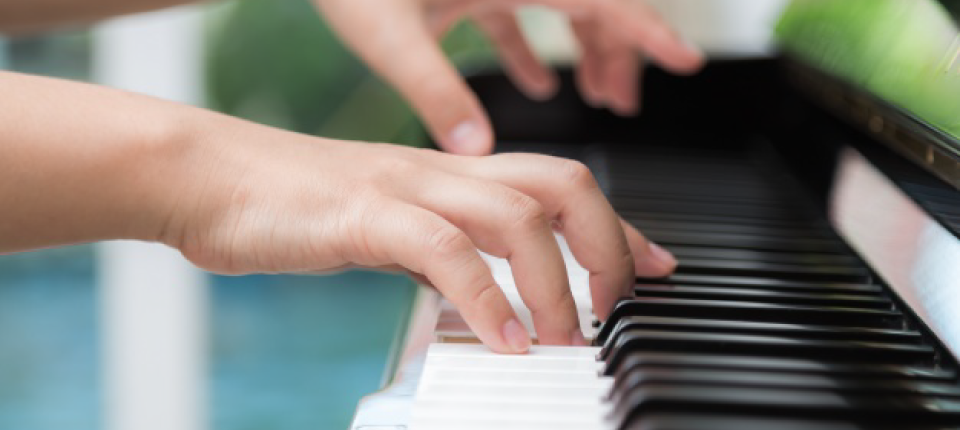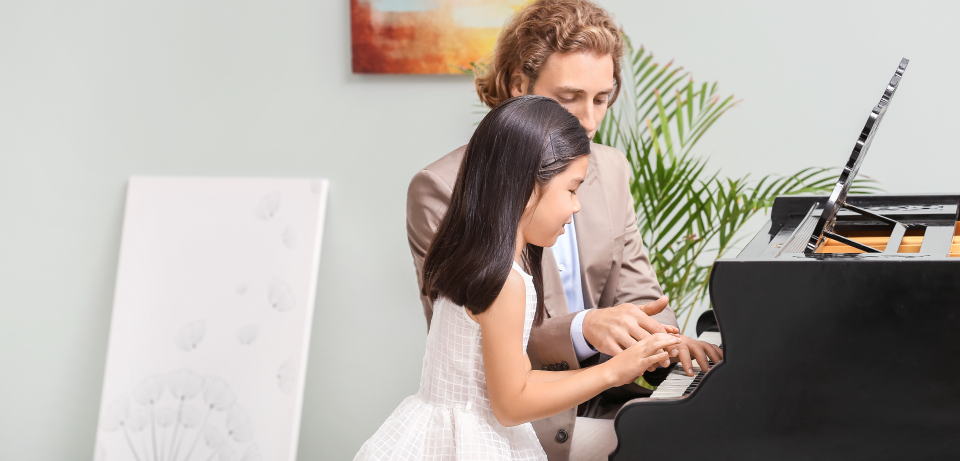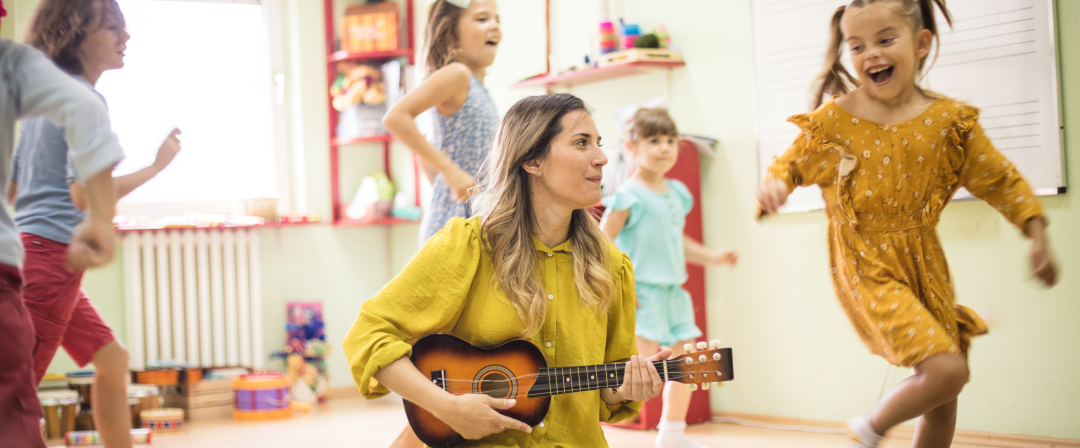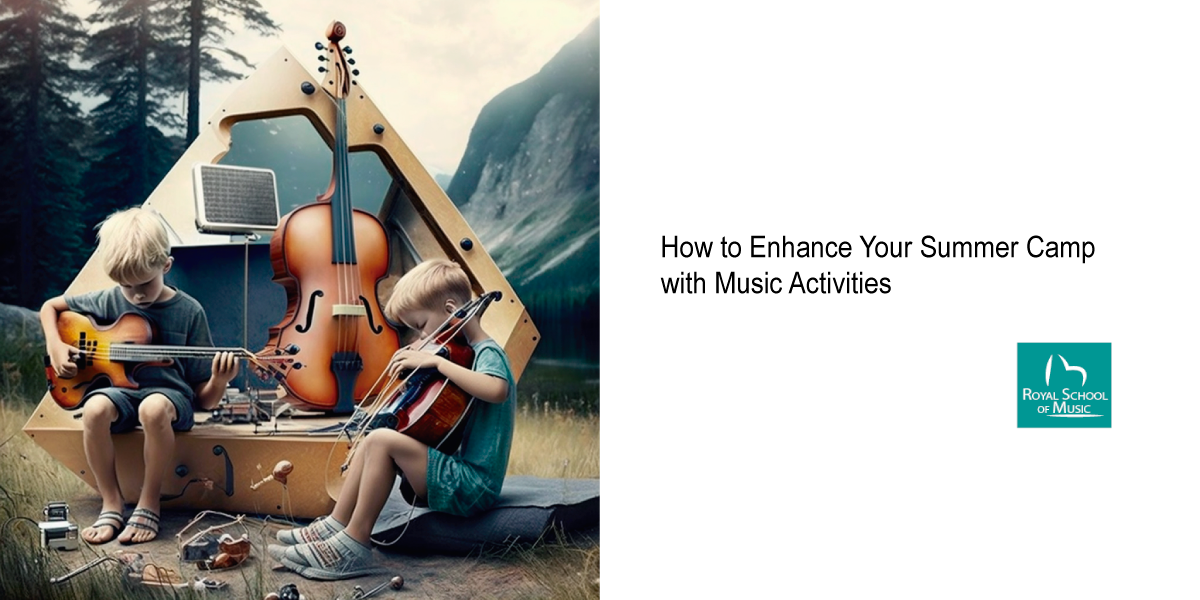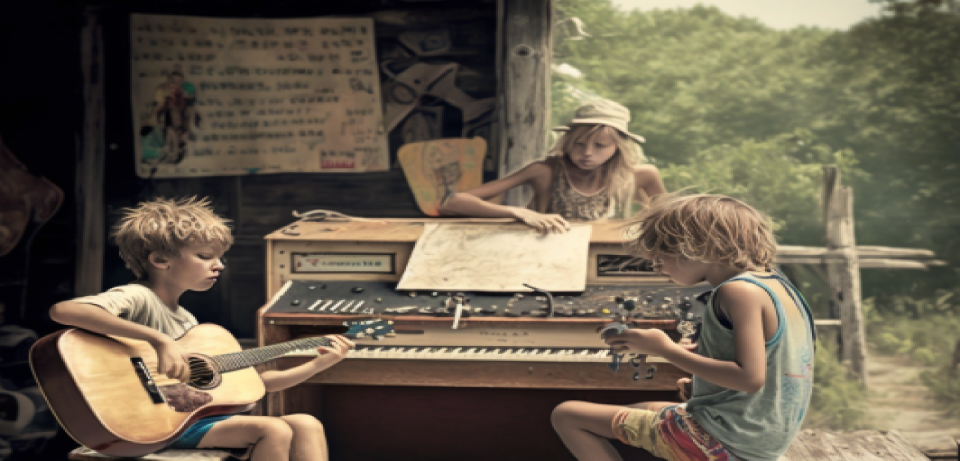Rhythm, Pulse, and Meter in Music

Rhythm, Pulse, and Meter in Music
In the field of musicology, understanding the concepts of rhythm, pulse, and meter is fundamental for the structural analysis and interpretation of musical works. These elements constitute the foundation upon which all musical compositions are built, from the simplest to the most complex. In this blog, these concepts will be addressed from an academic perspective, with the aim of delving into their interrelationship and applications in various musical contexts.
In music, rhythm, pulse, and meter are essential elements that structure and shape performance. Each one has its function and together they create the temporal and rhythmic base of any musical piece
1. The Pulse: The Temporal Backbone of Music
The pulse, or tempo, is the primary element that serves as a temporal support in any piece of music. From an academic perspective, the pulse is defined as a succession of equidistant beats that provide the basic temporal structure upon which rhythm is built. It is perceptible even in the absence of music, like a metronome underlying in the mind of the listener and the performer. Its constancy and regularity are essential for rhythmic coherence and the synchronization of musical ensembles.
2. Rhythm: Dynamic Configuration over the Pulse
Rhythm, on the other hand, refers to the arrangement of sounds and silences in time, directly related to the underlying pulse. Technically, rhythm is the articulation of musical time into patterns that define the identity of a genre, a piece, or a particular style. At the level of composition and analysis, the study of rhythm involves examining the varied durations of notes and rests, and how these are organized to create expectation, resolution, and fluidity within a given temporal framework.
3. Meter: Metric Organization and Its Notation
Meter is the grouping of pulse units into regular segments, which are demarcated in musical notation by bar lines. Each measure contains a specific number of pulses, which can be emphasized or attenuated to create characteristic accentuation patterns. From an academic perspective, the meter not only organizes music into manageable units but also influences the perception of the musical structure and the formation of rhythmic expectations.
Meter types vary widely, from simple ones like 2/4 or 4/4, to more complex ones like 5/8 or 7/8, each imposing a distinct character on the music.
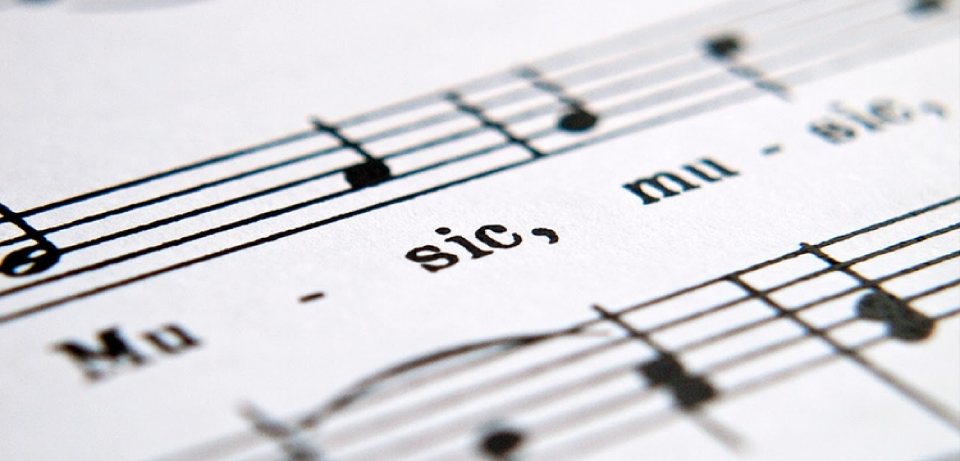
4. Practical and Theoretical Implications
From a practical viewpoint, fluency in these concepts is indispensable for musicians, conductors, and composers. The ability to manipulate rhythm, pulse, and meter allows artists and academics not only to faithfully interpret works but also to innovate within the framework of existing structures. Theoretically, advanced study of these elements facilitates a better understanding of musical works in their historical and cultural context, opening new avenues for musicological research.
A Practical Example
Imagine you are listening to a song. The pulse is what you tap with your foot; it is regular and constant. The rhythm is how the syllables of the lyrics or the notes in the melody adjust to that pulse; it changes and flows with the music. The meter is how you would group those pulses if you were counting them; for example, if you count up to four repeatedly before starting again, you are probably listening to music in a 4/4 meter.
In summary, the study of rhythm, pulse, and meter is vital for any serious approach to music. These concepts are much more than mere technical components; they are the pillars upon which musical expression is built. A deep understanding of these fundamentals is crucial for any musicologist, educator, or performer who aspires to a high level of musical understanding and practice.
This academic analysis of rhythmic principles is not only essential for formal musical education but also enriches the experience of anyone who approaches music with a desire for understanding beyond mere auditory appreciation.
You can view the previous blog about “Why do we measure rhythm in this way?”
If you have any questions or want to start learning music, write to us! www.royalschoolofmusic.es

